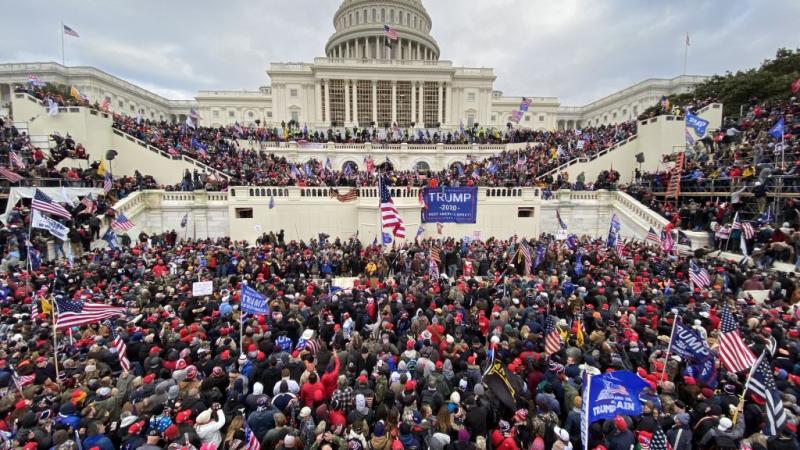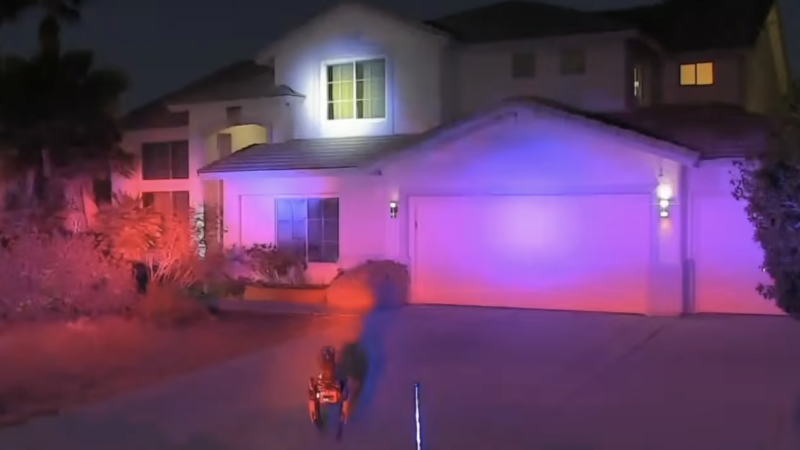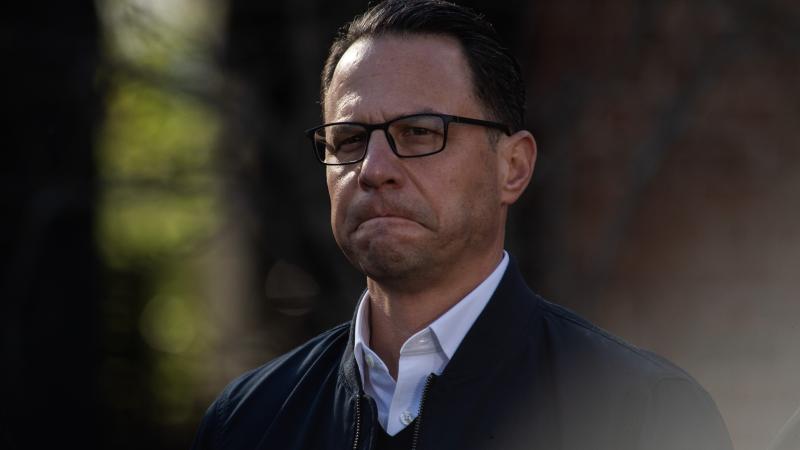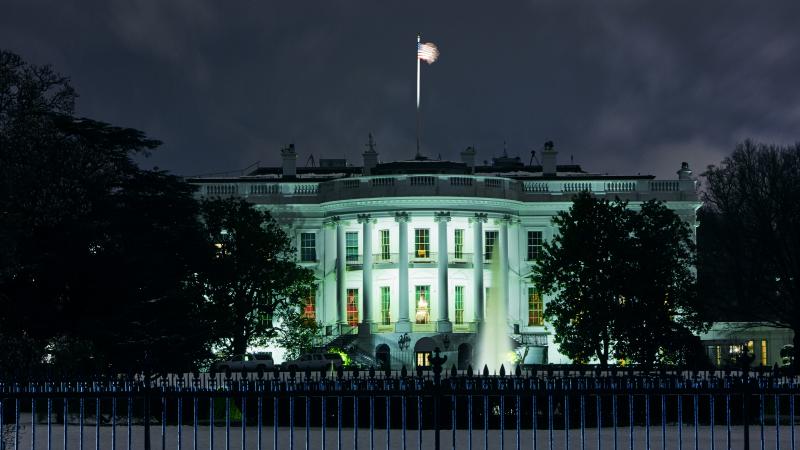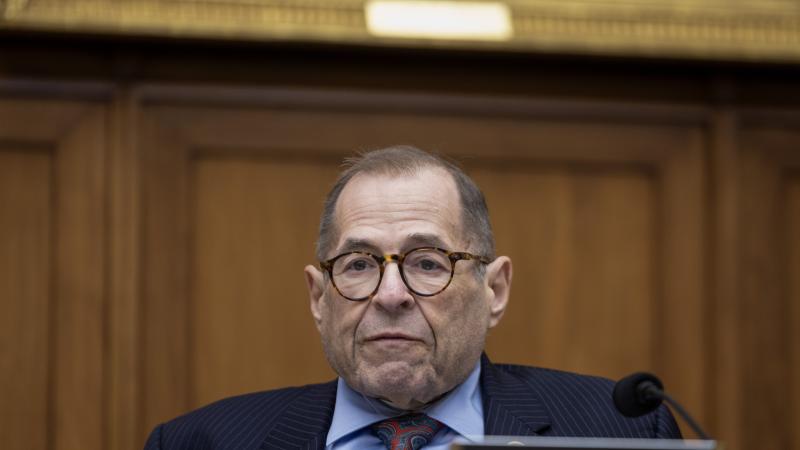DOJ civil rights chief says Texas redistricting drama prompted by legal warning, not gerrymandering
Texas Democrats have fled the state in a bid to deny Republicans a quorum and thereby prevent a redistricting effort expected to favor Republicans.
Assistant Attorney General for Civil Rights Harmeet Dhillon says the Texas redistricting drama that prompted Democrats to flee the state began after a letter was sent from the U.S. Justice Department warning the state's electoral maps were illegal.
"We took a look at Texas, and we found that four of their districts in Texas are comprised of these so-called coalition districts," Dhillon said Tuesday on the "Just the News, No Noise" TV show. "In other words, to get to a special minority district, you have to add together multiple minorities or count on a certain percentage of a crossover white vote. And this is too complex, too weird and too inconsistent with equal protection.
"So we wrote to Texas, telling them that even though that law had been struck down a couple of years ago, their districts were now not in compliance with the Federal Voting Rights laws, and so they needed to take action to fix them," she added. "That is what triggered the Texas Legislature and the Texas governor to call the legislature into session to put new maps together."
Dhillon's account directly challenges media reporting suggesting the fight was triggered by an effort to gerrymander districts to give majority Republicans an advantage in the 2026 election.
Texas Democrats have fled the state in a bid to deny Republicans a quorum and thereby prevent a redistricting effort expected to favor Republicans. State legislators have since voted to order the sergeant at arms to return the Democrats to the legislature under the authority of an arrest warrant.
"That is what caused all these Democrats to spitefully flee the jurisdiction to avoid there being a quorum," Dhillon said.
Texas Attorney General Ken Paxton on Tuesday announced that he would seek judicial orders declaring that state Democrats who do not return to the legislature by the state House speaker's deadline have vacated their offices.
"The Supreme Court is actually going to be taking up this issue one step further than the analysis I did for that letter," Dhillon said. "And so really, a lot is at stake here in this voting rights area."



